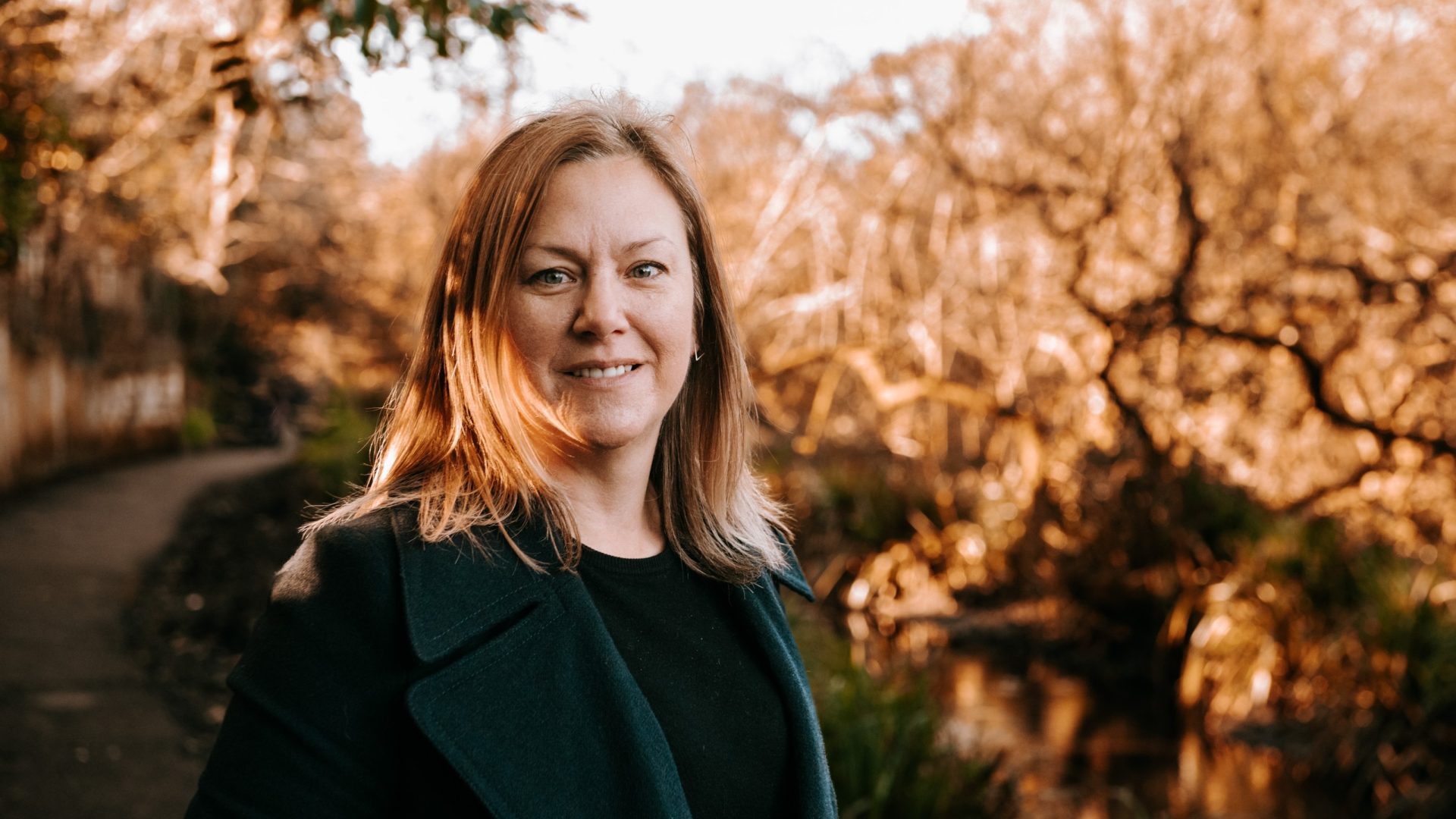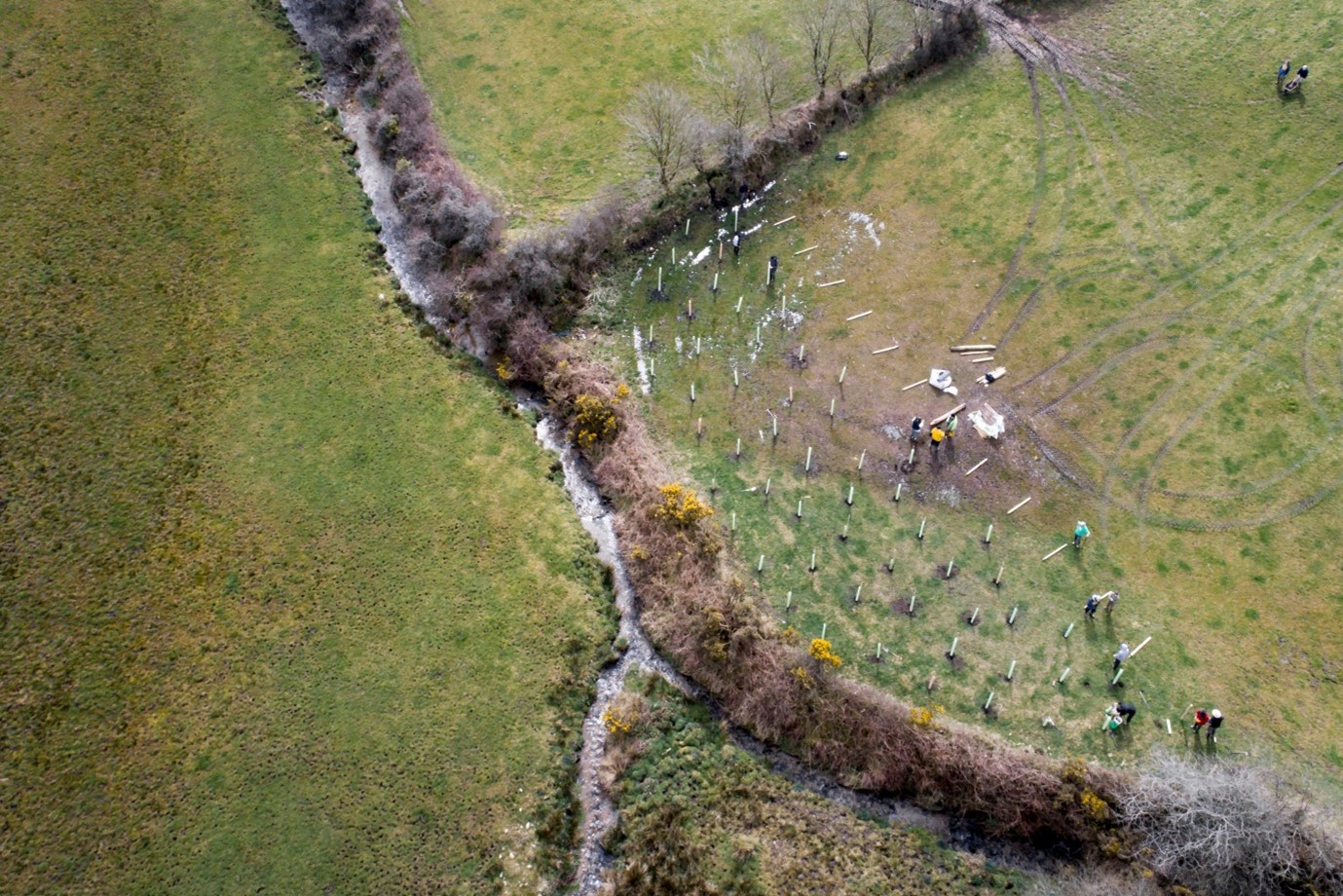
World Water Week takes place every year at the end of August and for 2024, a key theme is collaboration and the need for communities to connect for a sustainable future.
Partnership working is absolutely central to our approach at South West Water and that’s why it’s a great moment for us to reflect on the importance of collaboration in delivering improvements for water quality across the region.
There are many factors that can impact water quality in our rivers, reservoirs and seas, and for years we have been working with local partners and landowners to tackle these challenges at source. Farmyard manure, artificial fertilisers, herbicides and pesticides can end up in rivers, negatively impacting habitats and the quality of the water. Not only is poor raw-water quality a problem for the environment, but it means we need to use more intensive and expensive treatment methods to get it to drinking water standards.
Our multi-award-winning catchment management scheme, Upstream Thinking, works with nature and natural processes to reduce the impacts of agriculture on biodiversity and water quality. It does so whilst supporting farmers and the rural economy, by providing long-term resilience to climate change. Through Upstream Thinking, we work with wildlife organisations and landowners to promote better water quality. We fund farm advisors who meet with landowners next to rivers and reservoirs who support the farmer or landowner to manage the land in a way that’s good for water quality, for example, planting trees, putting up manure sheds or using less fertiliser, and good for wildlife.
Without these sorts of interventions, manure and chemicals can wash into our waterways, leading to a reduction in water quality over time. We’re proud to have worked with over 1,100 farms since 2020, planted 250,000 trees and have over 130,000 hectares of land in active management across the South West as a result of the programme.
Alongside this, we work with like-minded organisations to restore peatlands across Dartmoor, Exmoor, Bodmin Moor and Penwith through the South West Peatland Partnership. Peatlands in the South West have been drained and damaged by human intervention over hundreds of years. Restored peatlands act like a big, natural sponge, slowing the flow of water through the landscape to help reduce flooding during heavy rainfall. Peat can hold up to 20 times its own weight in water so it’s vital we restore it where we can. Over time peatland restoration should improve the quality of our raw water by reducing the amount of material being washed off the land into our rivers, streams and waterways. Since 2020, the partnership has started the restoration process on 1,630 hectares of peatland, the equivalent of almost 2,300 football pitches.
None of this work would be possible without the help and dedication of our partners. Their support and determination in starting and continuing this work with us has seen significant improvements for water quality and wildlife across the South West. The willingness of local landowners, farmers and volunteers to do the right thing for the land and water has made all this possible.
Another important part of our approach is our ground-breaking partnership with the University of Exeter – the Centre for Resilience in Environment, Water and Waste (CREWW). CREWW is a £30 million research facility, designed to explore sustainable solutions to challenges facing the water sector. The centre brings together the best minds from multiple disciplines at the University of Exeter, alongside industry experts at South West Water under one roof. Research focusses on future-proofing water systems to cope with floods, droughts, and pollutants including microplastics, and make a difference to peoples’ lives and the environment regionally, nationally and globally. I feel privileged to be a Director on the Board of CREWW and I’m excited to see the results of this partnership over years to come.
At South West Water, we also regularly work with local river groups to understand the various impacts on river water quality throughout the region and where we may need to invest in our own wastewater network to deliver improvements. This work has formed part of a Green Recovery project where we have supported local river groups to apply for inland bathing water designation status. Four new bathing waters have now been designated on the River Dart and we are excited to be working with those groups to improve river water quality and to enhance understanding of the range of pollution sources impacting on water quality.
Protecting water quality and enhancing the environment across our region is one of our top priorities. We will continue to work in partnership and collaborate to ensure the water quality and wildlife in our rivers, lakes and seas is protected and enhanced now and for the long-term. We would welcome any organisations with this shared ambition to get in touch to explore how we can work together to deliver real benefits for the environment and for water.
This article was written by Carolyn Cadman, Director of Natural Resources at South West Water.




